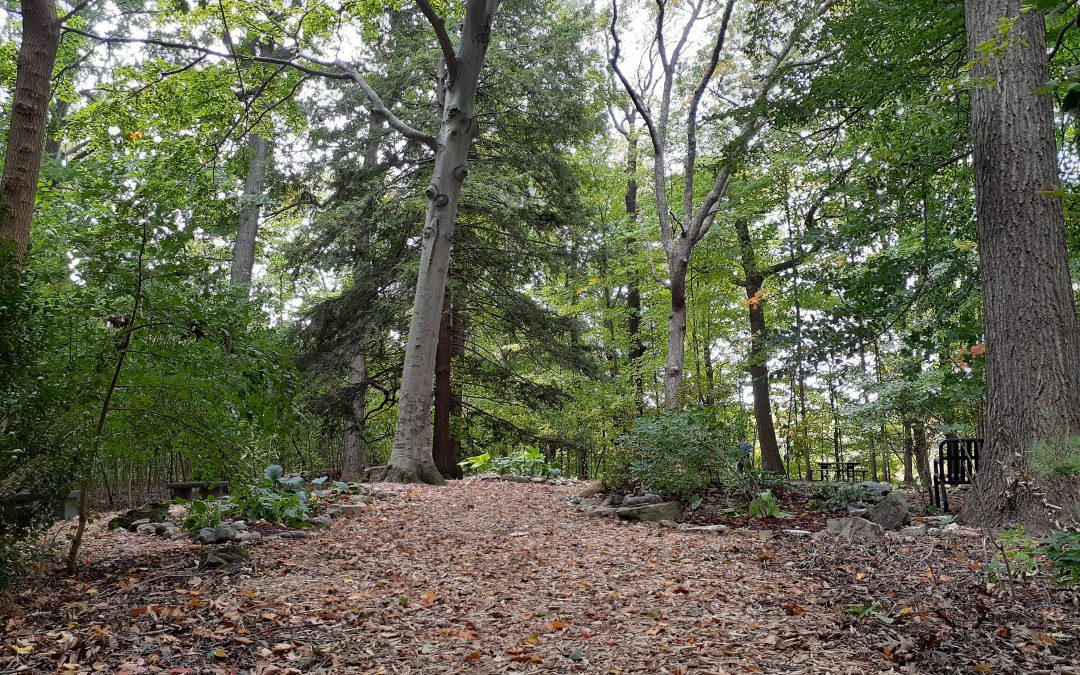Adapted from an open letter first published in our September 2020 e-newsletter, written by Cheryl Wituik BA, BSW RSW & Program Coordinator at BFO SW
Over the past few months, I have been supporting many families who have experienced the death of a child, a relative, or friend as a result of drug poisoning, overdose, and/or substance-related complications.
Every situation is different, every story unique. There are common threads, however, that run through these circumstances; stories of conflicting emotion, a universal suffering intensified by strong feelings of guilt, of anger, combined with the unwarranted and painful stigma that exists within our communities.
For many, it can be very isolating and extremely difficult to separate the circumstances of the death from the whole and beautiful person who once existed, prior to their tragic death.
I wrote this letter for you, the individuals and families dealing with these types of losses.
May it bring peace to you on this most difficult journey.
———
This is hard.
The grief experienced after someone you care about dies as a result of substance use can be complicated. Others might be making you feel that the grief you are expressing as a result of the death is somehow not as valid because of the way they died.
You might, yourself, be having difficulty accepting how they died. You may be feeling sorrowful, confused, guilty, embarrassed, angry.
You might blame others, or yourself, for not doing enough to change the outcome.
You may feel that their death was preventable.
Perhaps you feel angry or disappointed in your loved one. Most of you likely have so many questions, questions that may never find answers.
I want you to know that you are not alone. Families in every neighbourhood, every city, feel, right now, just as you do.
I also need you to know that this wasn’t your fault. You did not cause their death.
And, perhaps even more important to recognize is that this wasn’t their failing either.
They did not do this to hurt you. They knew that they were loved.
Addiction is powerful and indiscriminate – it doesn’t matter who you are, how wealthy you are, where you live, how old you are. Addiction exists in many homes and families. It doesn’t matter how intelligent you are, how much you want to get out from under the addiction, sometimes it simply clouds rational thought, and sometimes, tragically, it takes over completely.
I want you to remember that your loved one was NOT their addiction.
They existed as a person outside of, and separate from, the challenges they faced. They lived a life that had elements of struggle, as many of us do, but their life was so much more than that. It’s so important that you remember this.
I want to encourage you to remember your loved one as they were in the entire course of their life with you. Remember them as they once were.
Bring to mind all the things you did together, the activities and holidays you shared. The places you visited. The everyday, mundane conversations, the laughter, the LIFE you shared together.
Hold your loved one in your hearts with kindness, with tenderness.
Find ways to honour the relationship you shared.
Remember them with compassion and understanding.
And, they will remain with you, always.
Because love never dies.

